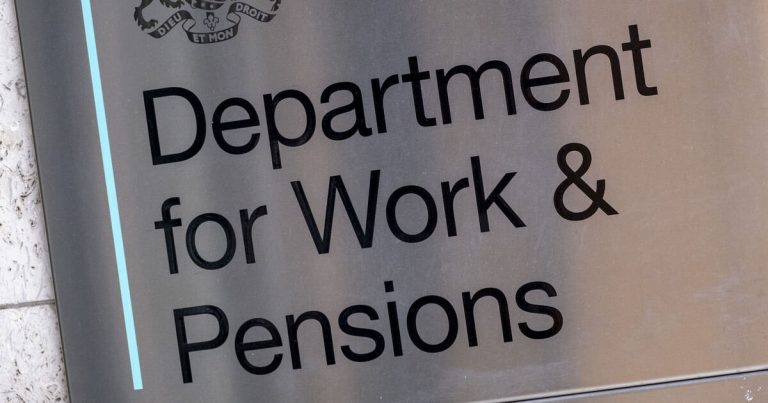
Loyalty to small businesses has shifted during the cost-of-living crisis, as nearly half of shoppers choose to shop wherever they can get the best value – regardless of retailer size, a study has found. Research of 1,500 adults, who shop at small businesses, revealed three-quarters of those now opt for larger retailers because of cost efficiencies.
Meanwhile, 38 percent have cited limited access to smaller shops locally as the reason for going elsewhere.
However, 68 percent have, at some point, found themselves lacking customer service they may have experienced in a smaller store, as they struggled to find an employee to help with a query.
The study, commissioned by Tyl by NatWest, found a warm welcome, complimentary samples, and birthday discounts, are among the top personal touches a small business can adopt to have an “above and beyond” attitude for their shoppers.
But pricey shipping costs, poor delivery experiences, and lengthy timelines to resolve disputes, can have a negative impact on how shoppers perceive them.
With the economic climate constantly changing, 44 percent of shoppers cited the cost-of-living crisis as the main thing impacting their decision to spend less over the next 12 months.
Mike Elliff, CEO at payments provider Tyl by NatWest, said: “The cost-of-living crisis has changed a lot of things, including how and where people shop.
“This means businesses need to look after their customers better than ever. Prioritising customer satisfaction is not just a good business practice, but an essential lifeline for small business growth and survival.
“Business owners have the power to greatly influence consumers, even before they have started physically or digitally looking at products and services to purchase.
“Considered and personal touches can go a long way to positively position a business, well in advance of the point of sale.
“Customer loyalty, trust, and word-of-mouth recommendations become invaluable assets, and the businesses that go above and beyond to meet their customers’ needs will not only weather the storm, but emerge stronger on the other side.
“In the face of economic uncertainty, fostering meaningful relationships with customers and the community is the key to resilience and long-term success.”
The study also found 27 percent of consumers are more likely to shop with organisations which produce sustainable products, and put greater emphasis on ethical practices.
Of those who shop locally, 49 percent do so because they know it’s good for their community, and 48 percent like to support small business owners.
A third (34 percent), more often than not, opt to shop with local businesses over larger retailers – whether that be online or in-store.
And while shopping at a small business can be more expensive, 26 percent of all shoppers have used the current economic climate as an opportunity to buy from smaller businesses – safe in the knowledge they are supporting independent suppliers.
As a result, 44 percent are taking significant steps to try and manage their finances more effectively.
The research, conducted via OnePoll, also found three in ten always look at reviews from other shoppers before making a purchase from a small business in the first instance.
And shoppers would rather shop in-store (28 percent) over online (21 percent) – with 71 percent of these citing the opportunity to try before they buy, among the reasons why they prefer in-person browsing.
Nearly two-thirds (64 percent) favour a physical shopping experience, and 59 percent like to take their goods straight home with them.
Alison Edgar, UK business expert and entrepreneur, said: “When the economy is changing, it is easy for people to enter the fight, flight, or freeze zone, and hide from their problems. But actually, now is the time to make an impact.
“As a small business, you have the upper hand of being far more agile than a large organisation, and the ability to bounce back and make and embrace change throughout the business.
“If you are waiting to start or scale a business, there is no “right time”, it never comes.”
Mike Elliff, CEO at Tyl by NatWest, added: “Shopping at small businesses will keep the heart of a community beating.
“It not only supports the livelihood and dreams of locals, but also nurtures unique craftsmanship, fosters personal connections, and ensures that every purchase goes the extra mile.”








